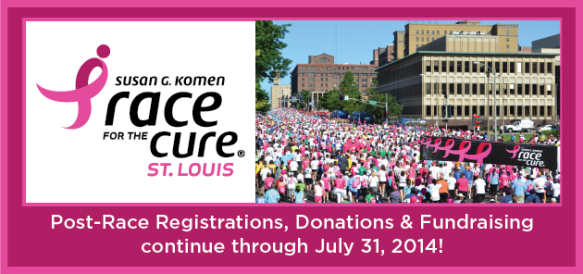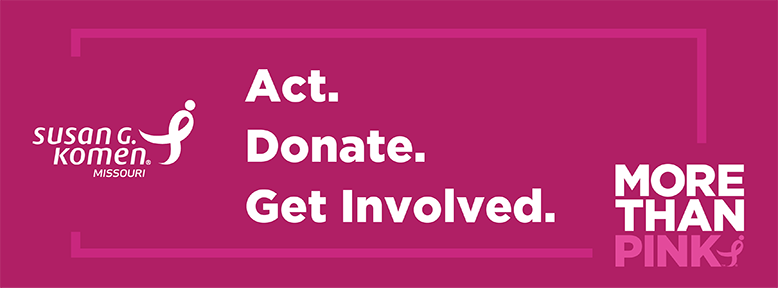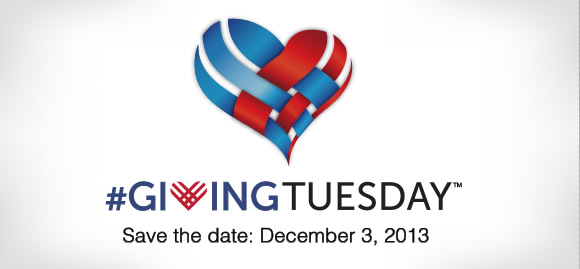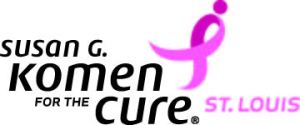For more than three decades, a primary focus of the breast cancer movement has been increasing access to breast cancer screenings, particularly mammograms. After all, early detection puts a woman on a path to early treatment, which generally leads to better outcomes.
Locally, breast cancer screening is a key funding priority, as evident in the services provided by Komen St. Louis’ current community grant recipients.
This focus has paid off. Through a combination of increased early detection and improved, more personalized treatments, breast cancer mortality rates have dropped more than 30 percent since 1990.
Much of the progress we’ve made in attaining better outcomes is due both to our improved understanding of the family of diseases known as breast cancer, and the advances in how we treat them. Yet little, unfortunately, has changed in the way we detect breast cancer. If you visit the doctor’s office today for a regular breast health exam, for example, you’ll most likely be given a clinical breast examination and, if over 40 (or at a high risk of breast cancer), have a mammogram to “see” what can’t be felt.
While mammography is the best general screening tool we have available today, it is far from perfect and it hasn’t evolved much over the past three decades. We not only hope that will change, but we’re aggressively investing in research to make certain it does. That’s why this year Susan G. Komen is investing $2 million in two new studies that seek to change your annual breast exam with improved technology and methods that will provide a more accurate, sensitive and cost-effective means of early detection.
The first grant, led by Dr. Andrew Maidment from the University of Pennsylvania, hopes to reduce the likelihood of a call-back visit to your doctor due to a false positive or inconclusive result by better distinguishing a non-cancerous calcification or calcium deposit from a potentially serious tumor. Currently, calcifications or calcium deposits appear similar to a tumor on film or digital image. Dr. Maidment is seeking to improve imaging results by further refining an emerging imaging technology, called Digital Breast Tomosynthesis (DBT). DBT can create a 3D image of the breast and has previously been shown to offer more comfort to the patient compared to conventional mammography. Yet, like mammography, today’s DBT technology cannot tell the difference between a tumor and calcifications. Through innovations to the technology, however, Dr. Maidment hopes to change that.
The other new study involves Ductal carcinoma in situ (DCIS), a non-invasive form of breast cancer that is still contained in the breast and has not yet spread. Many people have begun to argue that DCIS should not be treated as cancer, since it is non-invasive at this stage. However, DCIS can turn into invasive cancer over time, and doctors currently lack the ability to determine which DCIS growths will ultimately progress to invasive disease.
Drs. James Hicks and Jorge Reis-Filho, from Cold Harbor Springs Laboratory and Memorial Sloan Kettering Cancer Center, hope to uncover the key to DCIS’s evolution into invasive cancer. Drs. Hicks and Reis-Filho’s study will approach this question by using rare patient samples that have DCIS and invasive breast cancer laying side by side in the same area of the breast. The researchers will then uncover any genetic changes that occurred between the DCIS mass and invasive cancer using cutting-edge DNA sequencing technology. If successful, the study will produce prognostic markers that will help doctors choose between conservative or aggressive treatment approaches to DCIS.
It is Komen’s hope that by developing cutting-edge imaging technologies, finding new prognostic markers, and supporting innovative scientists today, it will translate to improving tomorrow’s methods for early detection and widen available treatment approaches.
Since 1999, Susan G. Komen® St. Louis has contributed nearly $9 million to Komen’s national research grants. At the same time, more than $20 million raised locally and nationwide has come back to St. Louis facilities to fund breast cancer research. Read more about Komen’s 2013 research investment – including $1 million granted to St. Louis researchers – here.
 Just one month ago, tens of thousands of people came together to Race for a World Without Breast Cancer at the 2014 Komen St. Louis Race for the Cure.
Just one month ago, tens of thousands of people came together to Race for a World Without Breast Cancer at the 2014 Komen St. Louis Race for the Cure.




